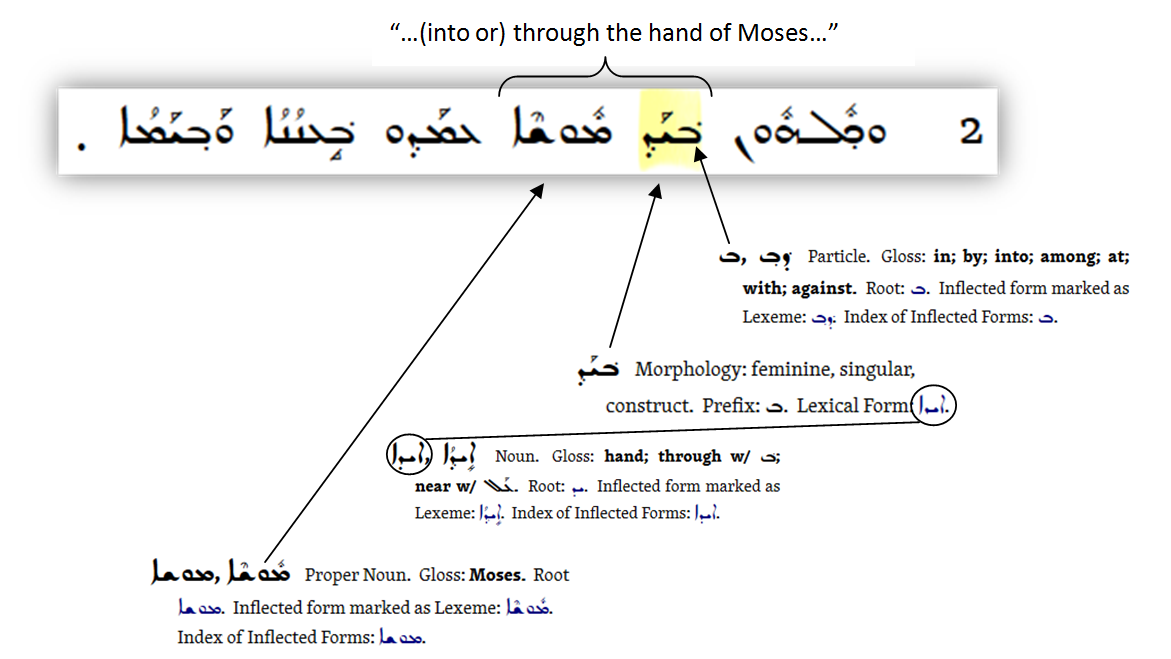I am studying in 1st Corinthians chapter 10:1-2 and Paul voices an ambiguous statement which reads,
1 Corinthians 10:1-2 (NIV)
1 For I do not want you to be ignorant of the fact, brothers and sisters, that our ancestors were all under the cloud and that they all passed through the sea. 2 They were all baptized into Moses in the cloud and in the sea.
When i study verse 2 of this scripture, i feel that Paul is using a double meaning and i find that the word cloud and sea is where the double meaning comes into play.My explanation is as follows.
When Paul says "in the cloud and in the sea," my understanding is they were all baptised into Moses in the cloud and in the sea which appears to say that the cloud and the Red Sea is where the baptism takes place.But when i look into this in more detail, all is not what it seems to be.
I will use the only allegory i can think of to explain my reasoning.Talking about my bank in a slightly derogatory manner i would say,
I was baptised into the Bank of Scotland in "the wallet and in the cheque book." Now any person reading this would understand that the wallet means money and the cheque book means money.It is what is in the wallet and in the cheque book, that is connected to my baptism.Namely money.It is not the wallet or the cheque book that is connected to baptism.
When Paul says in the cloud and in the sea,i think what he is actually saying is to "look" in the cloud and in the sea.So lets have a look.
In the cloud i find nothing connected to baptism but when i look in the sea i find "water" which is connected to baptism.The scripture would now read as follows.
They were all baptised into Moses in the Cloud and in the water.
We can now see what i think to be the double meaning with the change from sea to water. But what about the cloud.When i look in there i find nothing whatsoever to do with baptism.So how can a person be baptised into the cloud when it contains "nothing." I think the meaning of the cloud rests in this scripture,
Exodus 14:24 NIV
During the last watch of the night the Lord looked down from the pillar of fire and cloud at the Egyptian army and threw it into confusion.
This scripture appears to be saying that the cloud contains "fire" which would now introduce the second "double meaning" and the scripture would now read as follows,
They were all baptised into Moses in the fire and in the water.
This would appear to myself that Paul is speaking about this scripture recorded in "The gospel of Matthew," in the double meaning.
Matthew 3:11 NIV
I baptise you with water for repentance.But after me will come one who is more powerful than i,whose sandels i am not fit to carry.He will baptise you with the Holy Spirit and with fire.
My question is,does Paul use a double meaning in his statement?
